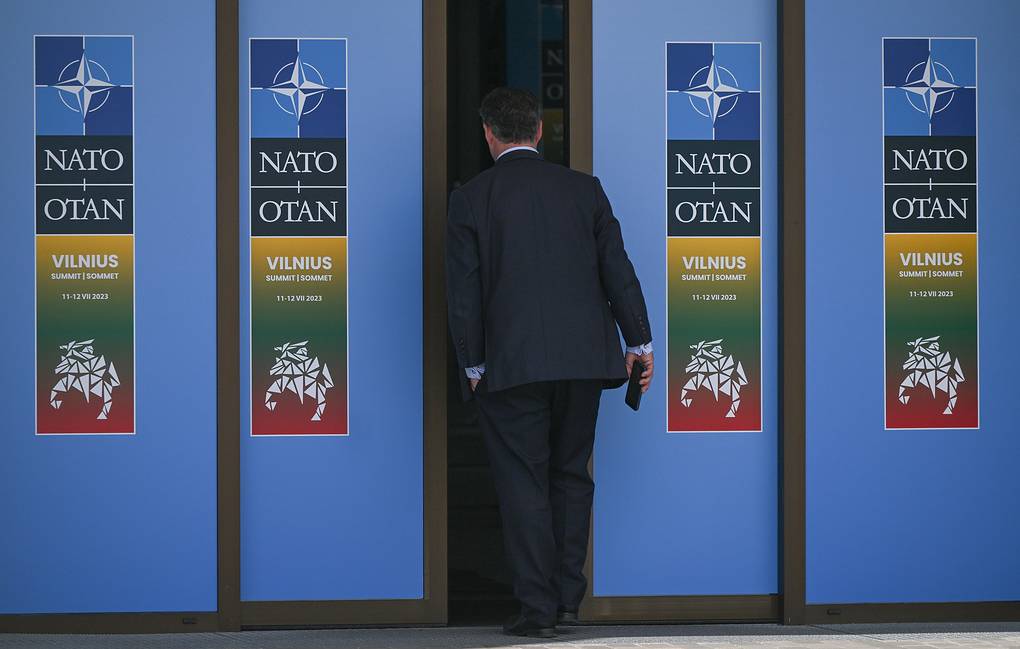“Russia almost certainly does not want a direct military conflict with U.S. and NATO forces and will continue asymmetric activity below what it calculates to be the threshold of military conflict globally,” the report said.
“Russia remains a resilient and capable adversary across a wide range of domains and seeks to project and defend its interests globally and to undermine the United States and the West,” the report added.
The Office of the Director of National Intelligence (ODNI) unveiled its 2024 threat assessment in a report to Congress on Monday. The study, which reflects input from the CIA and 17 other intelligence agencies, predicted that Moscow will “continue asymmetric activity below what it calculates to be the threshold of military conflict globally”.
The US intelligence assessment claimed that the Ukraine conflict has done “enormous damage” to Russia, but it conceded that the crisis has led to stronger anti-US alliances.
“Russia’s strengthening ties with China, Iran and North Korea to bolster its defense production and economy are a major challenge for the West and partners.”
Russian President Vladimir Putin “probably believes” that his strategy in Ukraine is paying off and that Western aid to Kiev will wane, partly because of the Israel-Hamas war, according to the ODNI. The US spy agencies conceded that Russian forces have been making battlefield gains in the former Soviet republic since late last year and are benefiting from “uncertainties about the future of Western military assistance”.
US President Joe Biden’s administration ran out of Ukraine funding in January after burning through $113 billion in congressionally approved aid packages. The administration’s request for $60 billion in additional funding has stalled in Congress because of Republican opposition. In fact, Biden blamed US lawmakers for last month’s fall of Avdeevka, a key Donbass stronghold, to Russian forces, saying Ukrainian troops didn’t get the ammunition they needed.
“I think without supplemental assistance in 2024, you’re going to see more Avdeevkas, and that – it seems to me – would be a massive and historic mistake for the United States,” CIA chief Bill Burns told members of the US Senate Intelligence Committee on Monday. If more US aid is approved, he added, Ukrainian forces can “regain the offensive initiative” by late 2024 or early 2025.
The intel assessment acknowledged that the momentum in Ukraine is “increasingly shifting” in Russia’s favor.
“Russia’s defense industry is significantly ramping up production of a panoply of long-range strike weapons, artillery munitions and other capabilities that will allow it to sustain a long, high-intensity war if necessary.”
NATO Secretary General Jens Stoltenberg also said at a press conference in Brussels on Monday the military alliance does not currently see any military threat from Russia against the bloc’s member-states.
“We don’t see any imminent military threat [from Russia] against any NATO ally,” he said, answering a relevant question from journalists.
Nevertheless, Stoltenberg stressed that NATO must be prepared for threats from Russia and stay vigilant. In his opinion, at present Moscow does not threaten the alliance due to the fact that it is preoccupied with Ukraine.
